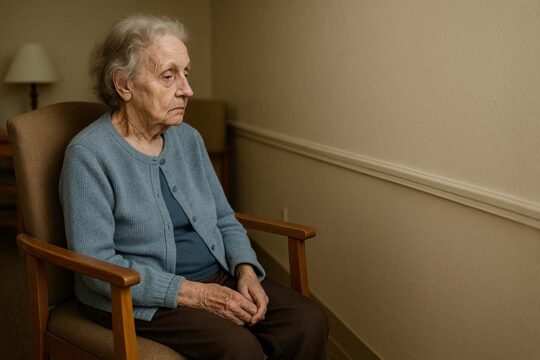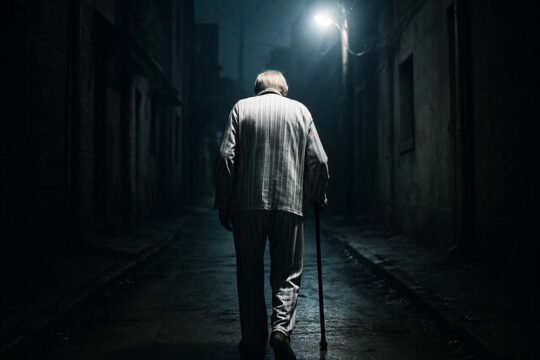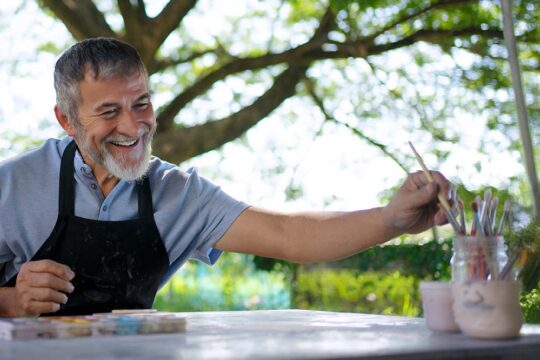
Written by Bryan Finnigan
“I love meeting new people and getting to know their stories. I got to meet all kinds of people in there, people from all over. Living in a concentration camp opened my eyes to the world…”
To look into Virginia’s eyes is to see a woman of tremendous strength, love, resilience, intellect, and wisdom; eyes that have not only seen dramatic social and political changes in our world but eyes that shine bright in knowing that she did her part to help create a better world for us all.
Virginia Glass was born in the Philippines to a Filipino mother and African-American father. Both parents were working professionals; her mother as a teacher and her father as a lawyer. Life on the island for young Virginia was a childhood mixed with joy and tragedy. In December of 1941 the Philippines’ capitol city of Manila was occupied by Japanese forces and Virginia and her family were forced to live in an internment camp for three years.
“Life was different. There were Japanese guards everywhere, watching our every move. If anyone went against their rules, the punishment could be severe…My father died [*along with two of her sisters] in that camp.”
Community and literature were Virginia’s only escape during those trying years. She immersed herself in books and study, and drew strength from the diverse company of others in the camp until the American liberation in 1944.
*“I loved to read. That’s how I survived. That’s how I kept on.”
Virginia’s thirst for knowledge followed her to New York where she and her family relocated after the family was freed from the internment camp. It was while living in New York, that at the age of *16, she was offered a scholarship to attend any university of her choice.
“I went to Columbia University and majored in English and Journalism. For years I worked as a freelance writer, interviewing other people and writing articles about my life.”
But it was later on in life that Virginia felt she had found her true calling. Tennis would not only open her eyes to a love of the sport but also took her around the world as an ambassador for the sport for the United States. She became a mentor to countless children all over the globe.
Self-taught, Virginia would go on to reach great heights in the world of professional tennis for her skill as a player and was recognized for her dedication to running many youth out-reach programs. *At one time Virginia was listed in “Who’s Who Among Black Americans” for her community service and dedication to minority organizations.
“Arthur Ash was an inspiration. He was a minority in the sport at a time where there were none. He reached out to children and I wanted to do the same.”
Virginia’s own two children, Sydney and Luis, would go on to excel at the professional level, with both earning tennis scholarships as well as many prestigious awards of their own.
“I love tennis because it’s fast, it’s clean, and it brings friends together. When I started, there weren’t any minorities in the sport. Now, everyone is accepted.”
Virginia eventually settled in San Diego where she continued her love of the sport as a player, mentor, administrator, magazine editor, and an activist. For two terms, she was the first female president of the American Tennis Association, the oldest sports organization for African-American players.
Virginia Glass is an inspiration. She has endured the horrors of a concentration camp, she has fought her way through racism and sexism during a time that didn’t accept minorities or females. She achieved success at the highest levels and did it all on her own terms. And when I asked her the secret to becoming a successful tennis player, her answer was brief, but her eyes told me that it was the answer to a much bigger question.
“Educate yourself.”
(*facts gleaned from an LA Times interview circa ’88)
Discover the key differences between retirement homes and assisted living to help you choose the right care for your loved one’s needs.
Learn the risks of leaving a dementia patient alone, legal responsibilities, care strategies, and how to plan for their safety.
Learn why dementia patients wander at night, how to prevent it, and when memory care is the safest option for your loved one in San Diego.
Compare memory care and assisted living, from services and costs to safety and staffing, to find the right senior care in San Diego.



